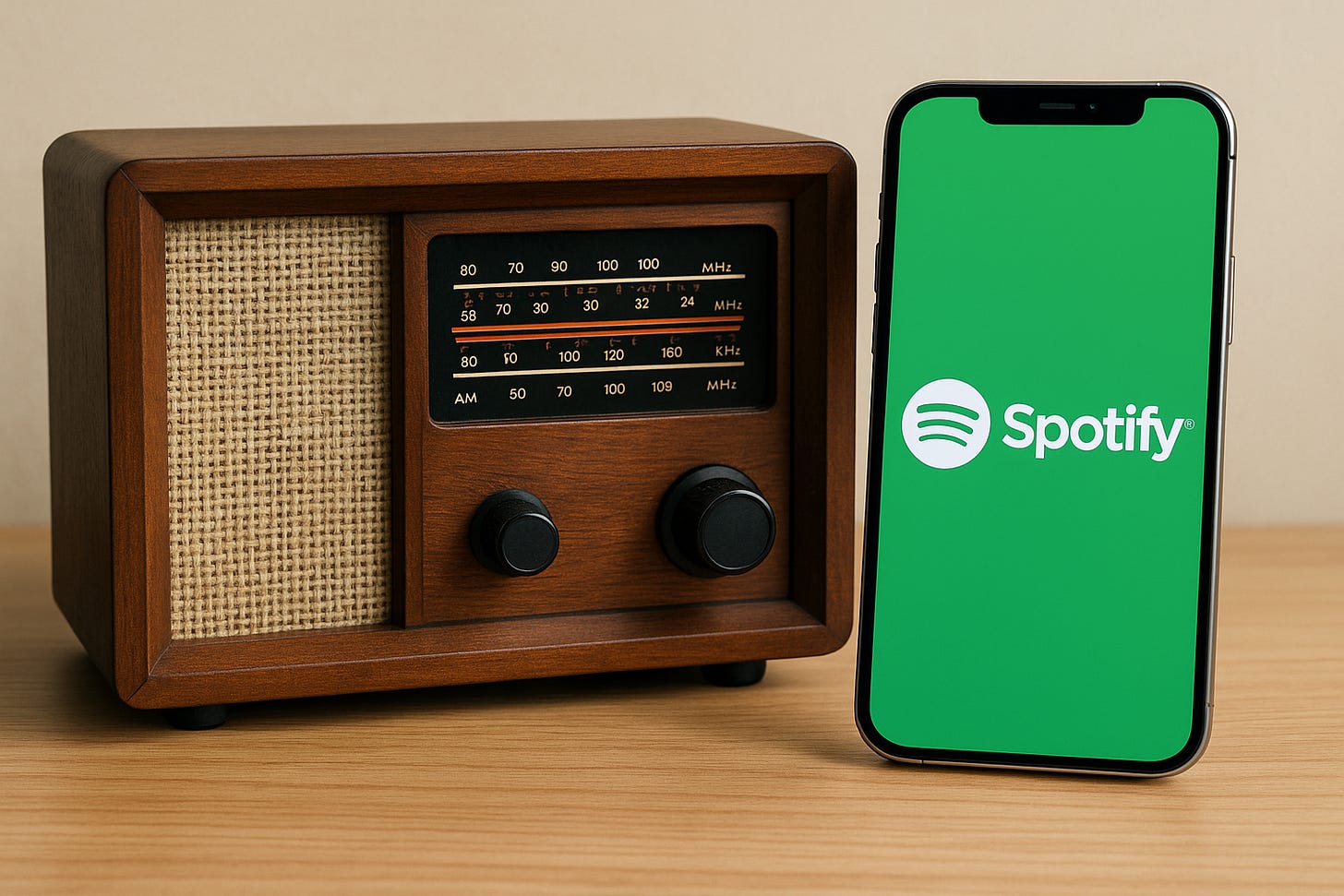Could FM Be Next on the Auction Block?
Radio needs to prepare for a post-dial world
Not long ago, TV stations thought the idea of losing their spectrum to wireless carriers was a fantasy. Then came the FCC’s incentive auction. Billions of dollars changed hands. Broadcasters that took the money gave up their channels. The rest had to “repack” into tighter spaces on the dial.
That set the precedent. Once a spectrum space is considered “un…



